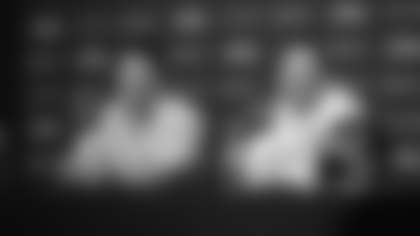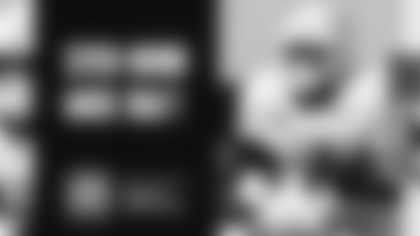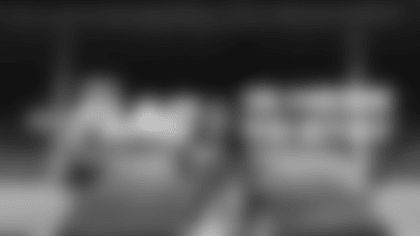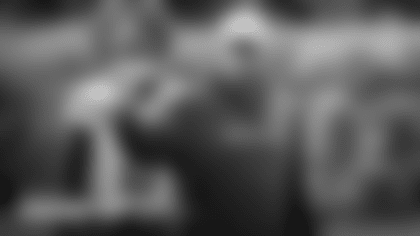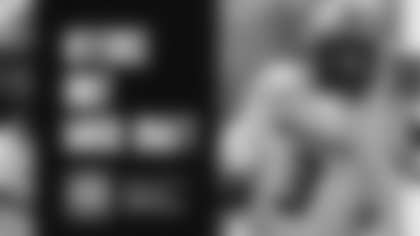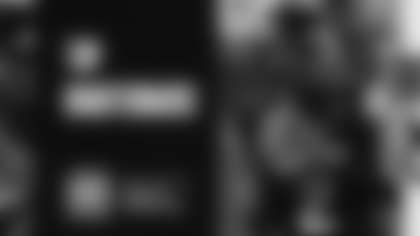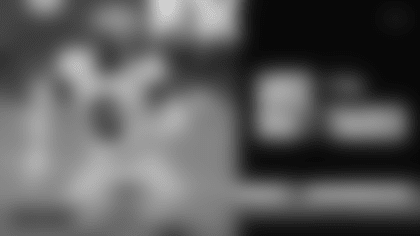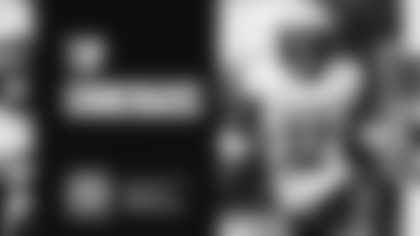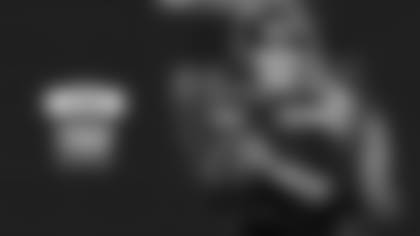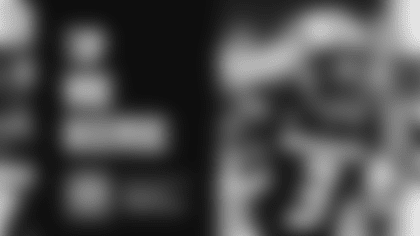Through two games, the Seahawks have done some good things on defense, most notably playing incredibly stingy in the red zone, holding opponents to only two touchdowns in nine trips inside the 20 while also forcing two turnovers.
But the Seahawks head into Week 3 knowing there's also plenty to clean up if the defense is going to live up to its own expectations, most notably getting rid of drive-extending penalties and playing more consistent run defense.
As defensive coordinator Clint Hurtt bluntly put it, Sunday's first half in which the 49ers rushed for 123 yards on their way to a 20-0 halftime lead was, "just a horror show of errors."
The good news is that Seattle's defense cleaned things up at halftime, holding the 49ers to just one score late in the fourth quarter while cutting way back on the big plays allowed,
"When we hit halftime, (we were) able to go in and make the changes that we needed to, identified to the guys where the issues were and where the mistakes were made and take ownership of that," Hurtt said. "Then in the second half, we were much more consistent with those things that we were doing right down to down."
Seahawks coach Pete Carroll noted that some schematic issues have contributed to the inconsistent run defense, saying that they need to make sure they're getting more players to the ball to cut back on one-on-one tackling situations, but in those one-on-one situations, players also need to step up and make sure tackles.
"It would fix a lot of things," Hurtt said of eliminating missed tackles. "You want to keep down explosives, and if you keep explosives down, you also keep down points. Tackling is a huge issue, and it is frustrating for myself and obviously for all of us. The players are cool because it's not like it's something that goes ignored, we work on that all of the time and even have added phases into practice so that we can continue to work on it. The guys are tracking and doing the right things in practice. Right now, we are playing fast in the game, we are playing aggressively, and are throwing our body, but we are not wrapping up. We are leaving our feet too much, and these are all of the things that players know that we've talked about that has to get fixed. We have to continue harping on it."
Said safety Josh Jones, "We just have to clean a couple of fits up. We have to tackle better, myself included, just all across the board. We just have to tackle better, and a lot of that can be completely avoided."
Cleaning up the missed tackles and playing better run defense would go a long ways towards improving Seattle's defense, but the other big issues is getting rid of the penalties, particularly the drive-extending ones that occurred on what otherwise would have been third-down stops.
"If we just take the penalties out of our play, we gave them four first downs," Carroll said. "Those are huge plays where we are off the field and sitting down. And we don't have to do anything different. If there was one thing, I would clean that up first. There's other things we are working on, but those were the significant plays. It's like a 40-yard catch that didn't happen. Those are huge field swings. We have to do better there."
Yet despite the issues that have kept the defense from reaching its potential thus far, that unit was able to help the Seahawks win their opener and keep last week's game from getting out of hand because of the way it stood strong in the red zone. And that group knows its sustainable, having also had one of the NFL's top red zone defenses a year ago.
"It's the mentality of bend but don't break," Jones said. "(Linebacker coach John Glenn) says it all the time and that's kind of a theme in the defensive room, 'Just give us a blade of grass, and we will defend it.' That's the time for guys to bow up. They get down there, but the object, obviously, is to not let them in and not let them score. Then, if we can just hold them to a field goal, that would be nice, but if we can take the ball away, that would be great. Obviously, you guys seen that we did it a couple of times in Week 1."




